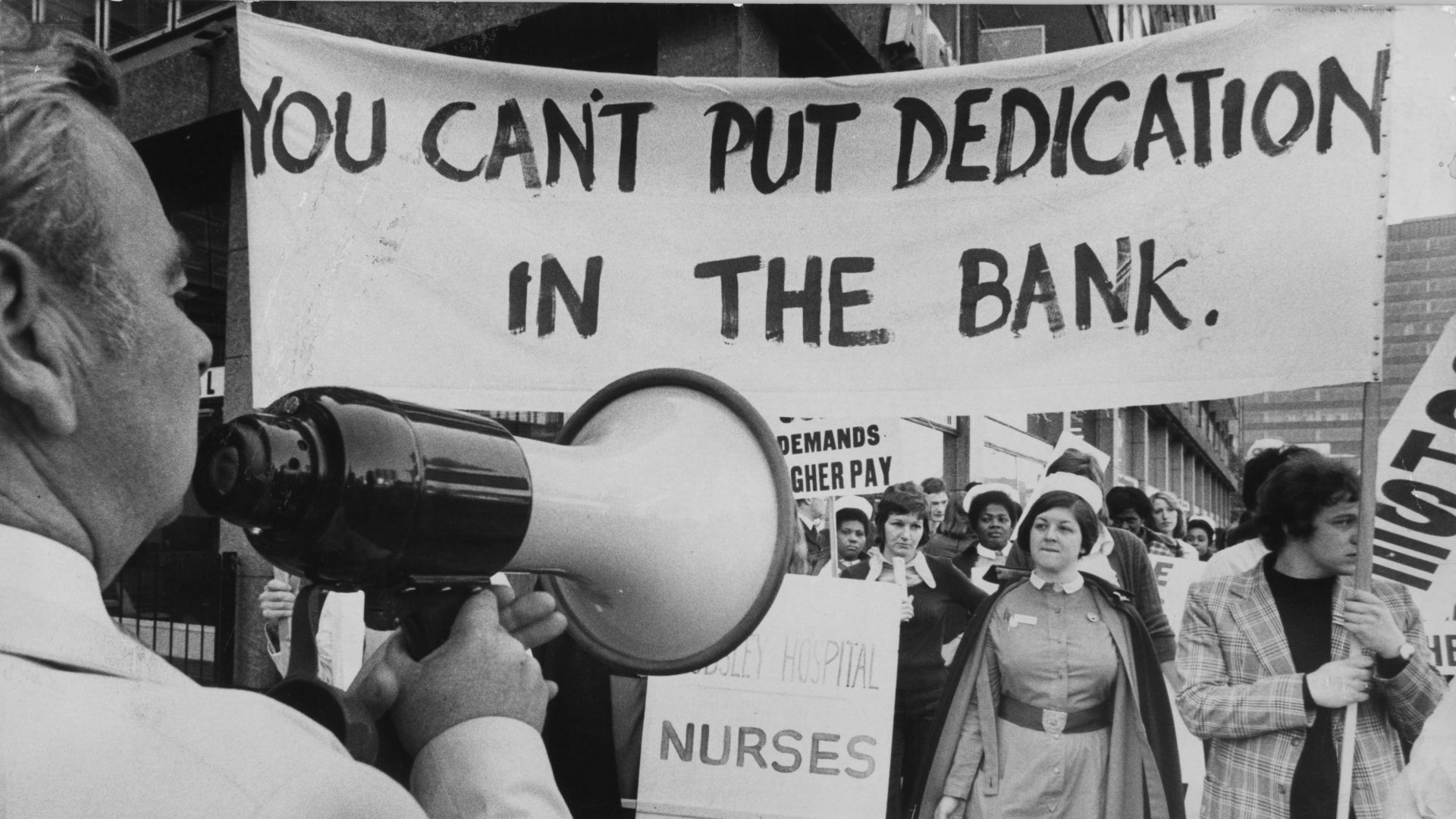Even without an Alastair Campbell-like gift for the German language, you will have come across our obsession with word engineering: whether it is composite nouns such as Blitzkrieg (stereotypical, I know, but quick and to the point), or overindulging in prefixes. A Vorsilbe (pre-syllable) will shift the meaning of “to bring” (bringen) into “to kill” (umbringen) with just two letters.
It’s only grammar. Unless politics come into play: German immigration policy was dominated by prefixes for too long, but this has finally changed.
Unlike the UK, we have no century-old history of migration and the Christian Democrats (CDU), the party of Angela Merkel and Helmut Kohl, have liked to pretend that migration was not actually taking place. By using the term Zuwanderer, not Einwanderer (which in English and in practice mean exactly the same: immigrants), they suggested that Zuwanderer would somehow leave again.
Semantics made us lose valuable years which could have been used to form an immigration strategy, difficult as this is anyway. The Greens and Social Democrats mostly just sat and watched as the Asylrecht (political asylum laws) were abused by some as a means to immigrate – in many cases because, although in recent years the government has tried to attract skilled labour for the IT, construction and health sectors, bureaucracy makes it hard to legally enter Germany as a migrant worker from a non-EU country or the like.
Whoever wants to come, does come, though. Because there is an easy option. Once you cross the German border and say “Asyl”, you are legally entitled to stay for as long as it takes to examine your case. Which is quite often years.
A majority of applications are denied, as are the ensuing court appeals. Applicants stay anyway – either because they come from conflict-ridden countries Germany won’t send them back to, or because it is too difficult to transfer them to the EU country they first entered. Or because their identity can’t be proven and their supposed home countries won’t send documentation. And, of course, because some go into hiding once they have been informed they are to leave.
You will know all about the difficulties refugees, migrants and civil servants face in every European country, obviously. But the systematic failures in Germany are quite breathtaking.
Refugees doing their best to integrate – A-grade children or young men who have finished apprenticeships here but whose employers still need them on the job have been deported – in both cases, because they have the misfortune to be home at 5am when Bundespolizei comes to take them to the airport. Meanwhile, some criminals easily slip through though, like Anis Amri, who collected eight identities to claim social welfare in Germany, conspired with Islamist cells and eventually murdered 13 people at a Berlin Weihnachtsmarkt in 2016.
In practice, Abschiebung (deportation) doesn’t work as it should, and if it does, it is too often the wrong kind of people we send home.
In addition, Germany has always made it ridiculously difficult for people who want to work to actually do work – partly due to the fear of “foreigners stealing German jobs”.
The times have changed, as another big German word demonstrates: Fachkräftemangel, the shortage of skilled workers. There’s a current lack of roughly half a million people, and an expected shortfall of around 400,000 workers per annum in the next few years. German businesses have loudly called for relaxed immigration laws and the SPD-Green-Liberal alliance gladly complied.
The new legislation will permit third-country nationals rated to have “good potential” to enter the country for a certain period of time in order to look for a job (rather than having to show an existing contract offer). It will also allow those who have lived in Germany for five years and who have not broken the law in that time an 18-month leave to remain, in order to get the proper documents to try to secure a long-term residence permit.
By German standards, this is a revolution. But will it work? The challenges remain: With two million people unemployed, many of them migrants, how to exploit their potential? How to balance immigration and our social welfare state? Is it really immigration laws that kept skilled workers away, or rather the “awful German language” (Mark Twain), high taxes, the climate, uber-regulation and under-digitisation?
To that point: Last month, Commerzbank placed a formal complaint against Frankfurt authorities – the bank had to let an employee go after eight months of him trying, and failing, to extend his work visa. Frankfurt alone has 15,000 such demands on the table, helplessly overstrained – as are many German towns, and embassies abroad.
Planning a revolution is one thing, actually having one quite another. To be continued




